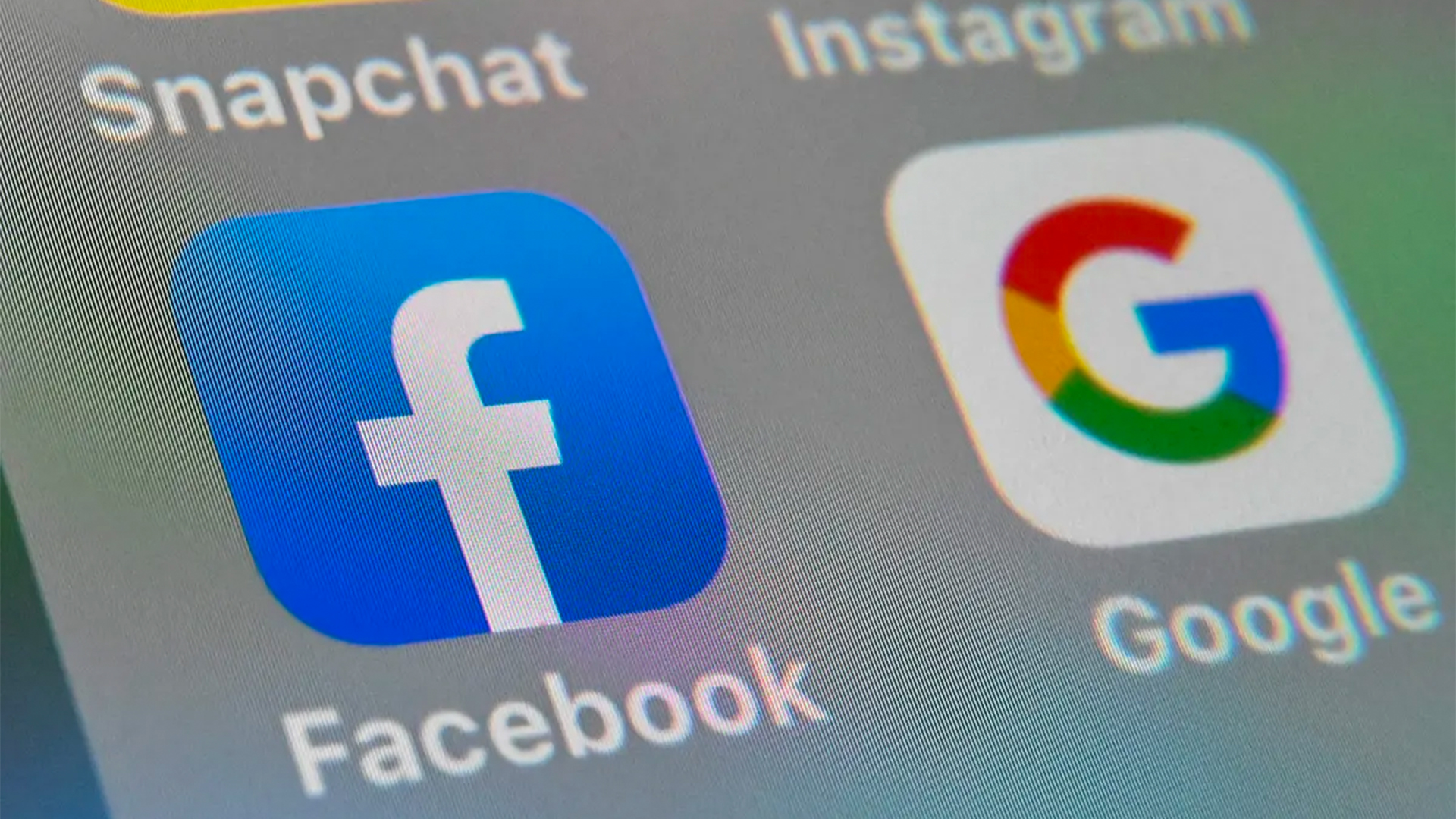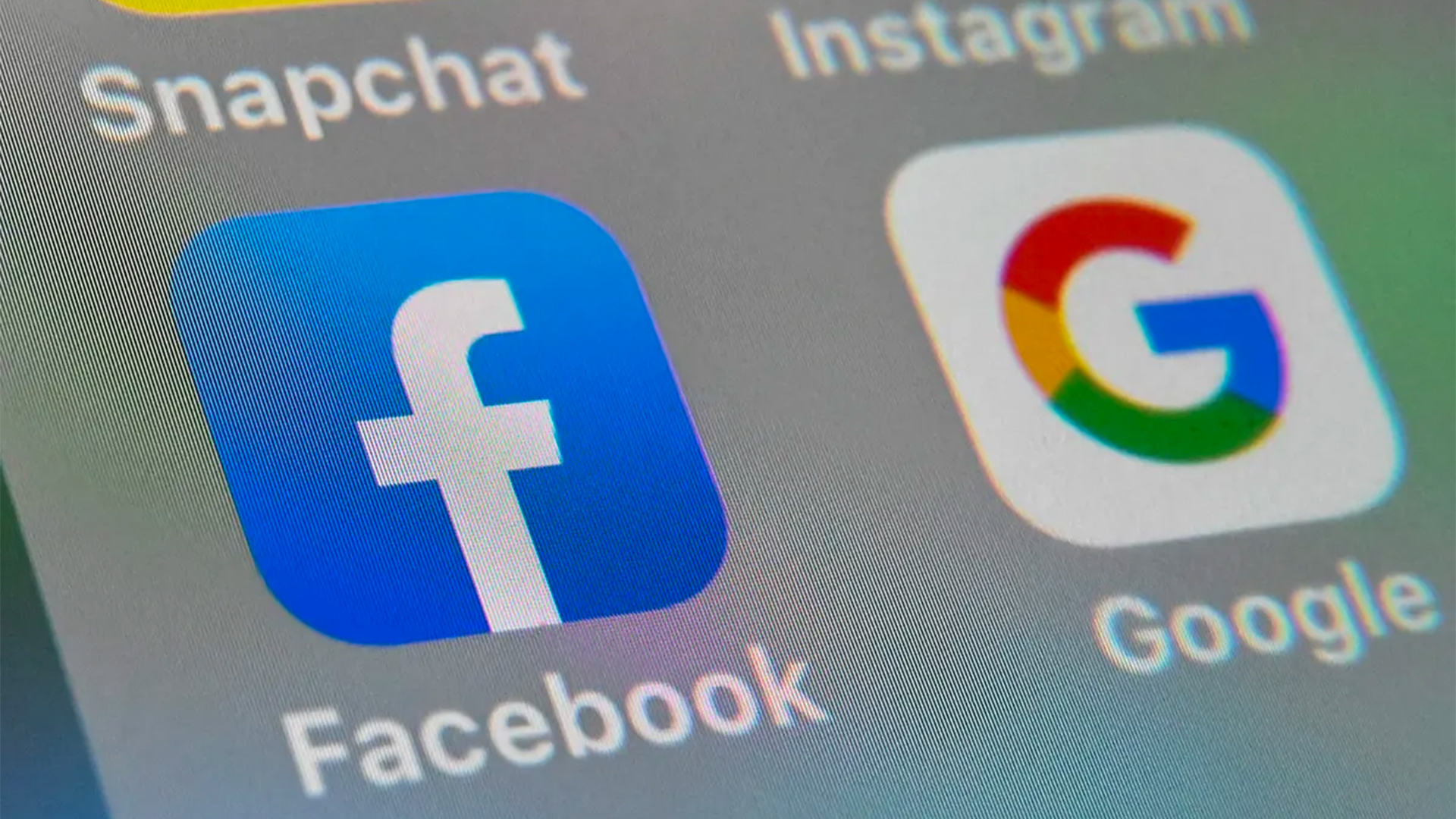According to recent reports, the Department of Telecom has recommended steps to regulate and monitor content in mobile apps. It has even recommended moving data servers to India.
After months of debate on net neutrality, a committee set up by the Department of Telecom said that “it opposed projects like Facebook’s Internet.org, which allow access to certain websites without mobile data charges, while suggesting that similar plans such as Airtel Zero be allowed with prior clearance from Trai.”
Telecom Minister Ravi Shankar Prasad had earlier directed the Department of Telecom (DoT) to form a panel on net neutrality and give its recommendation on the matter.
Net neutrality implies that equal treatment be accorded to all Internet traffic and no priority be given to an entity or company based on payment to content or service providers such as telecom companies, which is seen as discriminatory.
According to a report in the Times of India , “A committee set up by the department of telecom (DoT) has recommended steps to regulate and monitor content on mobile applications, including location of data servers in the country – a move that may impact the operation of popular apps such as WhatsApp and Facebook. While looking into the issue of net neutrality, the panel has flagged cyber security and its implications for the country, along with privacy concerns to argue for licensing agreements for the over-the-top (OTT) service providers. It feared that crucial consumer data as well as national security information may be compromised by the fast-paced proliferation of applications on mobile phones, likening the threat of data pilferage and misuse to the (Edward) “Snowden saga” of the US.”
Just a few weeks ago, the panel said, “The committee favours regulatory oversight on the communication service providers. The committee believes that for (other) OTT application services (including those offering messaging and international voice calls), there is no case for prescribing regulatory oversight similar to communication services.”
According to the report the panel also “raised concern over the possible pilferage of data and privacy of consumers in the absence of an appropriate legal framework. The existing law affords protection to the subscriber from unlawful interception as well as unlawful access to data and information. These provisions act to safeguard privacy and ensure data protection. However, this ability stands affected with the advent of application providers where the data and information reside outside national jurisdiction,” the committee said.
Similarly in 2010, there were speculations that the Government of India had considered a ban on the then Research in Motion’s BlackBerry services. We wonder if a NSA-like approach to monitor or track our communications would hamper our digital experience. Censoring or controlling certainly would. Besides, we haven’t really witnessed whistleblowers of the extent of an Edward Snowden in India, yet.


)




)
)
)
)
)
)
)
)